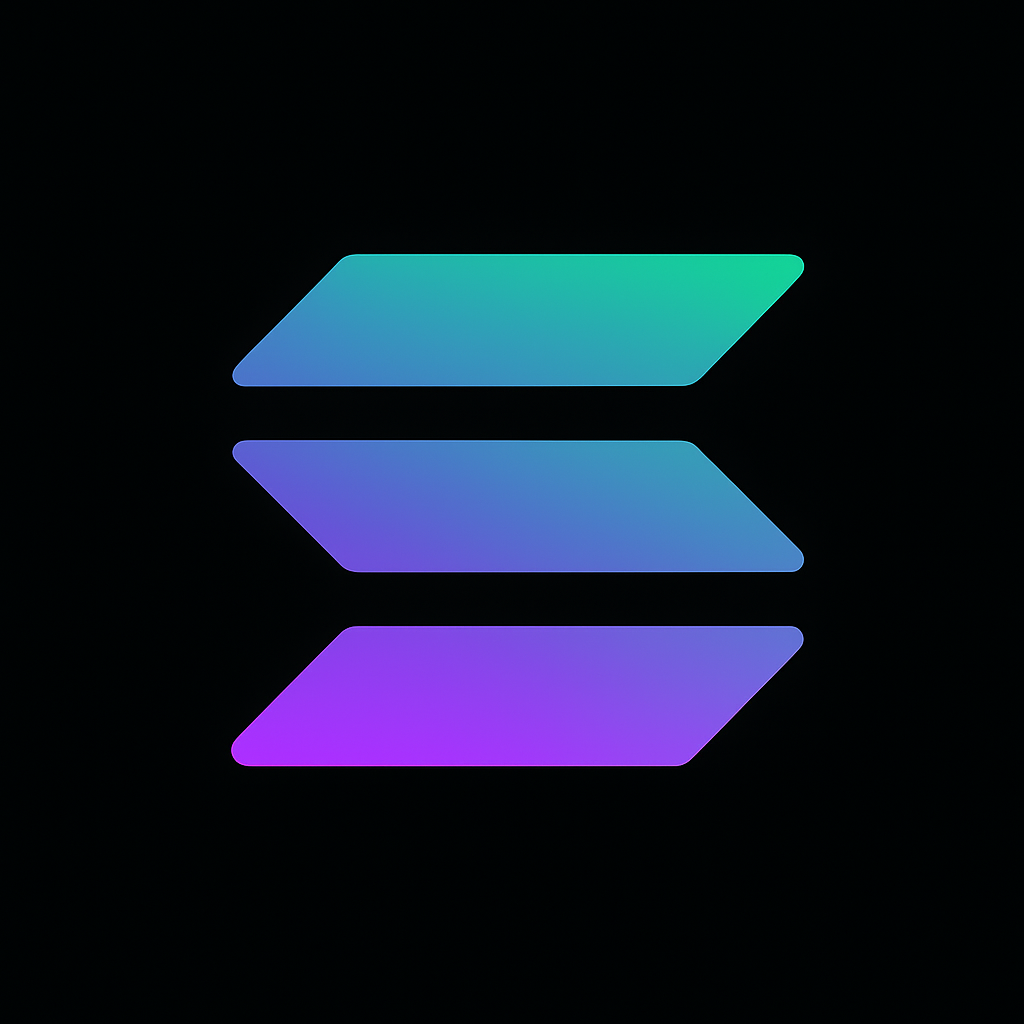Cross-Chain Swaps & Bridge Safety
Swap BTC, ETH, and other coins to SOL privately and safely. This page explains how to de-link routes, avoid traceable bridges, and clean flows on both sides of a cross-chain transfer using SolanaBlender.
1. Why bridge safety matters
Bridges and cross-chain routers expose transaction links between networks. Centralized APIs often log your source and destination addresses, and on-chain routes can reveal timing correlations. Without proper hygiene, your SOL wallets can be trivially tied back to BTC or ETH origins.
Reduce traceability
Clean swaps separate your SOL activity from prior chains, keeping KYC and on-chain actions distinct.
Prevent address reuse
Never bridge to the same address twice. Each session should end in a fresh wallet.
Simplify reconciliation
By cleaning on both ends, you can move funds safely without confusing bridge logs or analytics tools.
2. Recommended cross-chain flow
- Source funds: Start from your BTC or ETH wallet (CEX or non-custodial).
- Bridge to SOL: Use a trusted router (e.g. SideShift, deBridge).
- Run SolanaBlender: Immediately after funds land, initiate a clean session to create a new, unlinkable wallet.
- Operate: Use this clean wallet for swaps, DeFi, or NFT activity.
- Reverse: When exiting to another chain, repeat the same process in reverse.
Tip: for BTC/ETH on-ramps, ensure you use different destination addresses per swap — never recycle deposit accounts.
3. Tools & routers for safe swaps
SideShift.ai
Fast BTC/ETH ⇄ SOL swaps. Use SolanaBlender immediately after completion to de-link logs.
deBridge
Cross-chain liquidity routing. Clean both pre- and post-bridge wallets.
Jupiter Aggregator
Once on Solana, use Jupiter for in-chain swaps safely from your clean wallet.
StealthXMR.io
For Monero users, StealthXMR provides an external privacy gateway. Bridge SOL after using its XMR ⇄ SOL feature.
4. Best practices
- Always clean bridge outputs before using funds in apps or exchanges.
- Keep logs of swap IDs privately for personal tracking, not public explorers.
- Avoid public posting of bridge transactions or screenshots.
- For large sums, run two consecutive cleaning hops with decoys for extra unlinkability.
- Rotate receiving wallets weekly if swapping regularly.
5. FAQ
Which bridges are safest?
Use audited or reputable routers like SideShift, deBridge, or official project bridges. Avoid low-liquidity or new contracts without reviews.
Should I clean before or after bridging?
Both. Cleaning before protects your source identity; cleaning after isolates the destination wallet from prior hops.
Can I use SolanaBlender directly with BTC or ETH?
Not yet. Clean sessions start on Solana. Use a bridge first, then run SolanaBlender.
Is this allowed by exchanges?
Yes — SolanaBlender is a wallet hygiene tool, not a mixer. It keeps records transparent while improving privacy.
 SolanaBlender
SolanaBlender